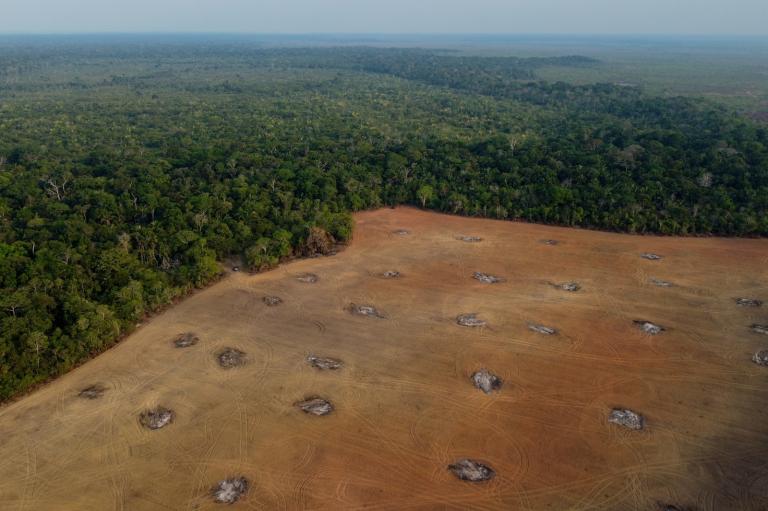Editor’s note: We’re publishing a series from The Story Group that shows Americans on the front lines of climate change. The videos put faces to the warnings in the latest National Climate Assessment.
“If the average temperature of a large body of water increases, that’s an enormous amount of heat content,” says Andrew Rosenberg, one of the convening lead authors of the National Climate Assessment’s Oceans chapter. Seas are becoming warmer and more acidic as they absorb atmospheric heat and CO2, which broadly affects ocean circulation, chemistry, ecosystems, and marine life; ocean acidification is already starting to dissolve the shells of small marine organisms.
Rising sea surface temperatures have also been linked with increasing levels and ranges of diseases in people and marine life. In this video, Rosenberg discusses how human-caused climate change is transforming the oceans that make up 70 percent of the Earth’s surface.



